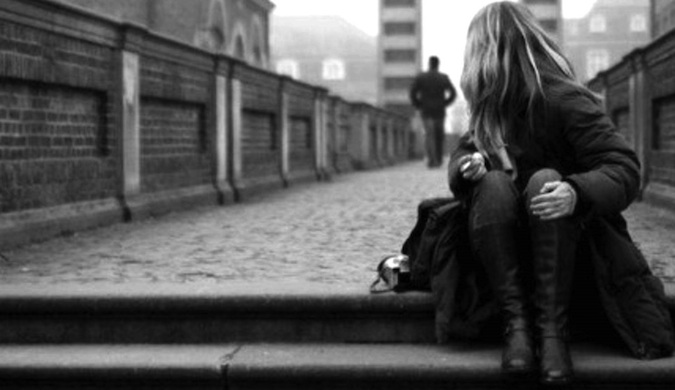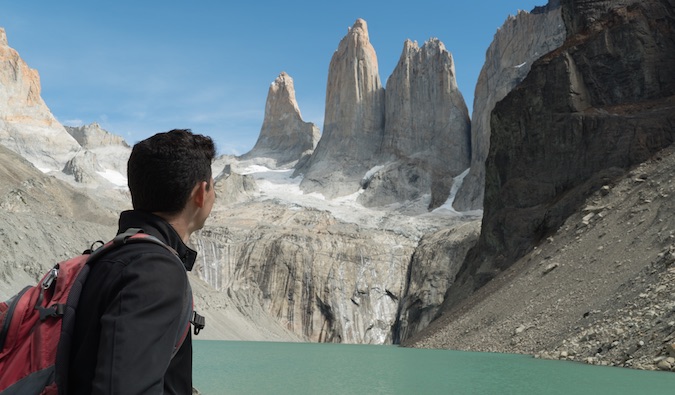 After months on the road, you find yourself back home and excited to resume old friendships. You plan dinners, get-togethers, and nights out. And, as some people fail to respond or show up, you begin realize an awful truth — while you were out exploring the world, your friends crept out the back door of your life.
After months on the road, you find yourself back home and excited to resume old friendships. You plan dinners, get-togethers, and nights out. And, as some people fail to respond or show up, you begin realize an awful truth — while you were out exploring the world, your friends crept out the back door of your life.
And, unlike you, they aren’t coming back.
They ghosted.
After being away for over six months, I came back to New York eager to reconnect with my friends. I missed their faces, stories, and presence. But, as most New Yorkers will tell you, friendships are often hard to maintain under the crushing pace of life even when you’re in the same city. Everyone moves a million miles a minute, there’s always an event to attend, and making time for each other is a constant battle of highly conflicting schedules.
“What are you doing two weeks from now?” is a common question in the city that never sleeps.
I expected it but, after many weeks of missed connections and noticed absences from events, I realized that while I was away, I too had been ghosted on. Many had taken my absence as an excuse to finally exit stage left.
At first, I was sad. People I cared about left my life for seemingly no reason. “What did I do wrong? How can I change to get them back?” I wondered.
Then I was mad. “Screw those jerks! They weren’t fun anyway,” I said in an attempt to mask the hurt.
But as I calmed down and thought about it more, I realized I was looking at this situation the wrong way. Going away didn’t lose me friends; it had shown me who my true friends were.
Most people maintain a wide social network, and when you are in touch with that network it’s easy to think relationships are deeper than they are. Traveling showed me which connections were actually deep and which ones were only deep in my mind.
It’s true that friends move in and out of your life regardless of whether you travel or not. It’s life — people change and grow apart. I have many friends I no longer talk to. We moved to different cities, our interests changed, and the ties that bound us grew weaker over time.
But that is a gradual uncoupling and one less emotionally blunt. We know and understand why it’s happening.
But imagine throwing a party, having a great time, going to grab a drink, and turning around to see everyone is suddenly gone.
It’s sudden, shocking, and very depressing.
Part of me thinks “Well, this is just New York. This city is just hard.” But then I remember the tales of other travelers who’ve experienced the same thing and realize it’s not just me and it’s not just this city.
Travel expedites the process of separation and exposes the quality of your friendships. Being away frays the weak bonds you attempt to maintain while strengthening the ones that will withstand the distance of time and space.
My lifestyle doesn’t make maintaining friendships easier, but it doesn’t make it impossible either. I have friends around the world I only see every few years but we make the effort to stay in touch. When we are together, our bond is still strong. I know my friends wonder if I’m actually back or passing through and thus often leave it to me to text them. However, after establishing that I am really back and I do want to hang out, you begin to wonder how strong the bond is when you’re doing all the work. When your texts go unanswered and plans constantly get cancelled, you see the writing on the wall.
Maybe they want a friend who isn’t a nomad. Maybe we grew apart and I just didn’t realize it.
But, as I said last week, I need to find balance in my life again – and that includes coming to terms with this.
Maybe one day the people who’ve left will wonder how I am and what I’m doing. Maybe a part of them will be sad that they don’t know.
But what I do know is that while they were ghosting, those that stayed and I became closer.
And, for that, I am truly grateful.

